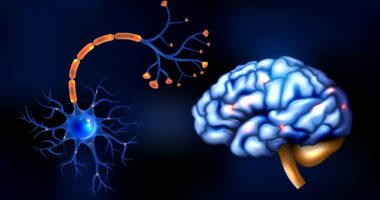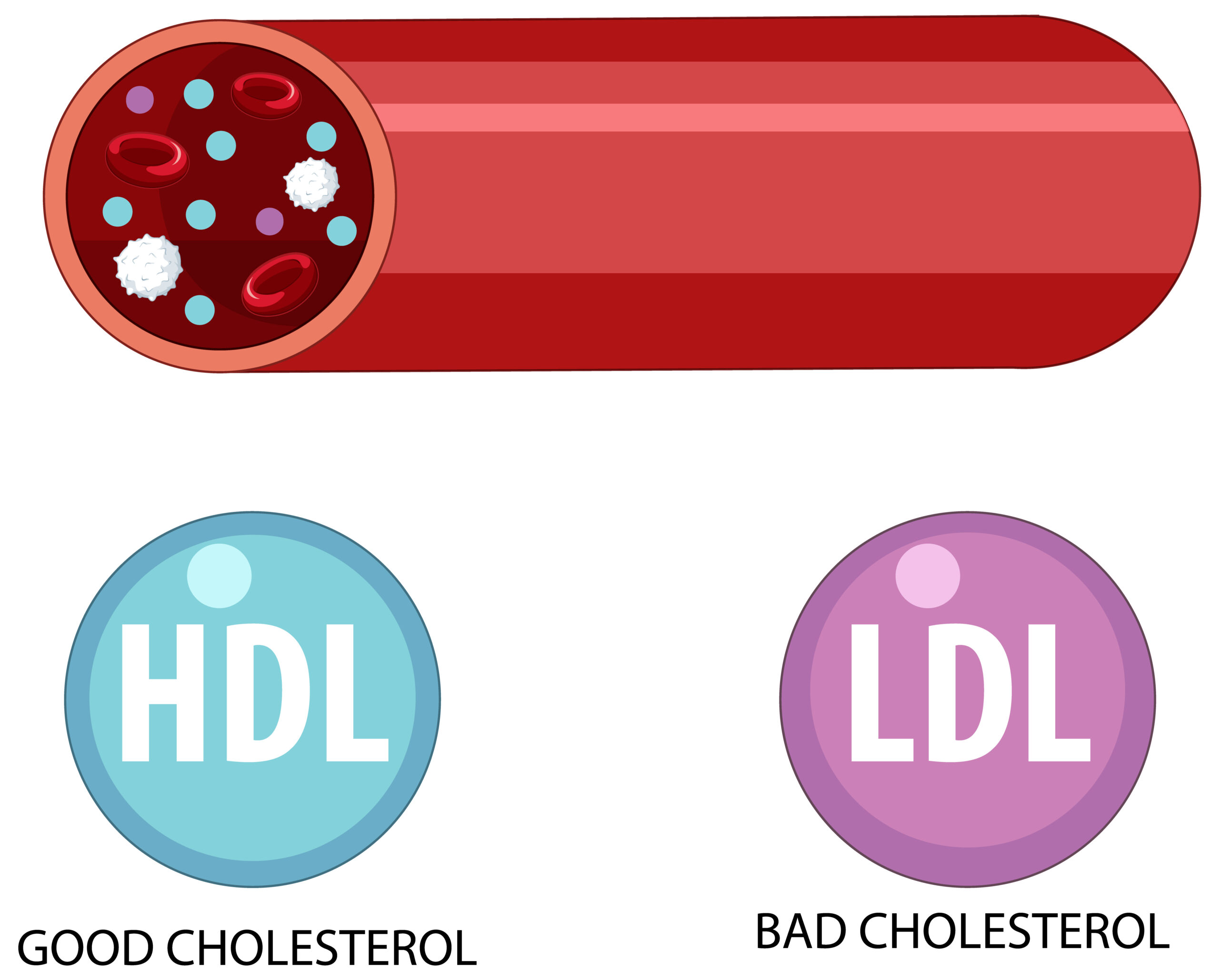Living with epilepsy or a seizure disorder can be challenging, but understanding and avoiding seizure triggers can make a significant difference in managing the condition. Seizures occur when abnormal electrical activity in the brain causes sudden, uncontrolled movements or changes in behaviour. While medication and treatments play a crucial role in controlling seizures, identifying and avoiding specific triggers can help reduce the frequency and severity of episodes.
In this blog, we’ll explore common seizure triggers and how to avoid them for better management.
Lack of Sleep
Sleep deprivation is a prevalent trigger for seizures, especially in individuals with epilepsy. It’s crucial to prioritize sufficient sleep to manage and reduce the risk of experiencing seizures. When you don’t get enough rest, your brain may become more susceptible to abnormal electrical activity.
Stress and Anxiety
Stress and anxiety can disrupt normal brain function and trigger seizures in some people. Emotional stress, in particular, may exacerbate the frequency and intensity of seizures.

Skipping Medication
For those with epilepsy, medication is often the first line of defence against seizures. Missing doses, skipping medication, or altering the dosage without medical guidance can significantly increase the risk of a seizure.
Flashing Lights or Visual Patterns
Flashing lights, flickering screens, or specific visual patterns have the potential to induce seizures in individuals with photosensitive epilepsy. This type of epilepsy is relatively rare but can be triggered by things like strobe lights, video games, or even sunlight reflecting off water.
Alcohol and Substance Use
Alcohol and recreational drugs can interfere with the brain’s electrical activity, making seizures more likely. Alcohol, in particular, can lower the seizure threshold, and alcohol withdrawal can be hazardous for individuals with epilepsy.
Hormonal Changes
In women, hormonal fluctuations during menstruation, pregnancy, or menopause can sometimes trigger seizures. This condition, known as catamenial epilepsy, is characterized by an increase in seizure activity during specific phases of the menstrual cycle.
Low Blood Sugar
Low blood sugar, also known as hypoglycemia, can affect brain function and potentially trigger seizures. This is particularly relevant for people with diabetes or those who are on restrictive diets.
Illness or Fever
Illnesses, especially those that cause fever, can lower the seizure threshold and trigger a seizure. Children with epilepsy are more likely to experience seizures during times of illness.
Overexertion
Excessive physical exertion, especially in hot weather, can lead to dehydration and exhaustion, increasing the likelihood of a seizure.
Dietary Triggers
Certain foods or drinks, such as caffeine or highly processed foods, may trigger seizures in some people. Caffeine can potentially activate the nervous system and reduce the seizure threshold.
Conclusion
Avoiding seizure triggers is crucial for enhancing the quality of life for individuals with epilepsy. You can significantly reduce the risk of seizures by making small but impactful changes to your daily routine, such as ensuring adequate sleep, managing stress, and sticking to medication schedules. Always consult your healthcare provider before significantly changing your lifestyle or treatment plan.









